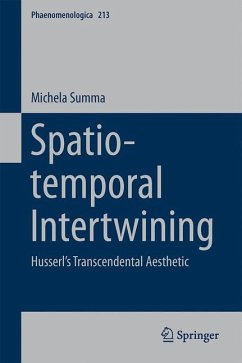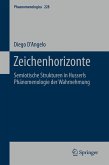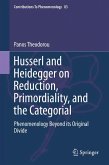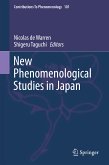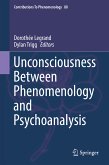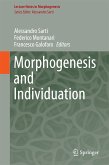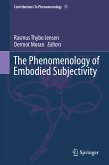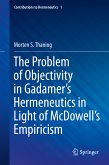This volume explores Husserl's theory of sensibility and his conceptualization of spatial and temporal constitution. The author maps the linkages between Husserl's 'transcendental aesthetic', the theory of pure experience in empirio-criticism, as well as Immanuel Kant's transcendental philosophy. The core argument in this analysis centers on the relationship between spatiality and temporality in Husserl's philosophy. The study interrogates Husserl's understanding of the relationship between spatiality and temporality in terms of stratifications, analogies and parallelisms. It incorporates a discussion of the potentialities and limitations of such an understanding. It concludes that such limits can be overcome by adopting an understanding of spatiality and temporality as interwoven moments of sensible experience-a 'spatio-temporal intertwining'. This 'intertwining' is made explicit in a thorough inquiry into three central topics in the phenomenological analysis of sensible experience: spatio-temporal individuation, perspectival givenness and bodily experience. The book shows how such an inquiry can form the bedrock of a dynamic and relational understanding of experience as a whole.
Dieser Download kann aus rechtlichen Gründen nur mit Rechnungsadresse in A, B, BG, CY, CZ, D, DK, EW, E, FIN, F, GR, HR, H, IRL, I, LT, L, LR, M, NL, PL, P, R, S, SLO, SK ausgeliefert werden.
"Offer a variety of meticulous analyses ... into almost every aspect of Husserl's transcendental aesthetic, thereby filling in a substantial lacuna in the English literature on the founder of phenomenology. ... book is indispensable for anyone interested in any aspect of Husserl's transcendental aesthetic. In addition, the text offers many clues to re-interpreting Kant's transcendentalism in a phenomenological manner, and in this sense it should be counted as a substantial contribution not only to Husserlian but also to Kantian scholarship." (Marco Cavallaro, Husserl Studies, Vol. 32 (1), April, 2016)

